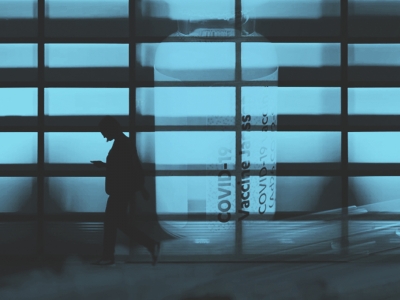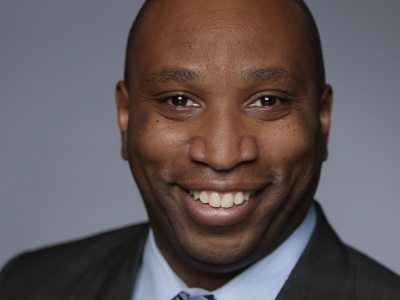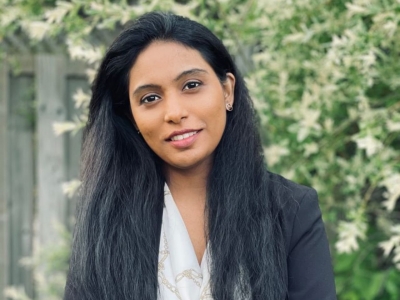By Karen Kelly
Professors who were in the Soviet Union during its collapse remember a time of uncertainty.

Professor Andrea Chandler
Political Science Professor Andrea Chandler has been thinking about Moscow lately. She was doing research there as a PhD student in the spring of 1991 and again from September 1991 to February 1992, when the Soviet Union ultimately collapsed.
“The hoarding and shortages we’ve been experiencing seem familiar to me, although scarcity and rationing were much worse in the Soviet Union,” says Chandler. “I would say that makes me more philosophical: I don’t stress out about buying toilet paper because I feel like one finds a way to get what one needs in the end.”
Chandler remembers toilet paper being scarce—“if you saw it, you bought it”—and rationing for goods like butter, sugar, tobacco and vodka. But, she says the scarcity contributed to creativity and resilience.
“It got me used to the idea that if you couldn’t find the kind of bread you wanted, you would make do with what you have. If there was no pasta, you would have potatoes,” says Chandler, who carried a student I.D. that enabled her to make purchases.
She says she has noticed some similarities in our sense of uncertainty—not knowing what the next day will bring—but adds that there is a stronger government structure underpinning our current situation.
“It was completely different in the Soviet Union because the system was breaking down. The shortages were the result of the economy being inefficient and it was hard to have confidence in the supply of anything,” she recalls. “There were shortages of gasoline because conflicts were breaking out. We’re not seeing anything like that.”
An Indelible Mark in Russian Memory
Jeff Sahadeo, a professor in the Institute of Russian, Eurasian and European Studies, arrived in Moscow six months later as a graduate student. He found a new world that no one knew how to navigate.
“Young Russians just wanted a job, but they had no idea how to get one. They had always been directed by the government,” recalls Sahadeo. “There was no certainty or sense of what was going to happen.”
As many of us feel now, Sahadeo says Russians experienced a sense of vulnerability at that time that they had never felt before.
“Their lives weren’t perfect, but they knew they could find a job, take vacations, and things functioned for the average person,” he says. “Psychologically, that loss of normalcy is similar to what we’re dealing with now.”
A Culture of Resilience
Both Sahadeo and Chandler say they were touched by the response of average Russians to these hardships.
“I still see it as one of the great triumphs of Russia that they got through what they did peacefully, relatively speaking,” says Chandler. “They avoided war and people turning on each other, even at a time of very heated political rhetoric and a lot of stress.”
Sahadeo says there are lessons for all of us in the resilience of the Russian people.
“Russians were always communicating with and helping their friends. They would have kitchen parties where they’d find what they could from the store and come together,” remembers Sahadeo. “They worked to find happiness in little things. It was really profound.”
Thursday, April 2, 2020 in Faculty Research, FPA Voices
Share: Twitter, Facebook



